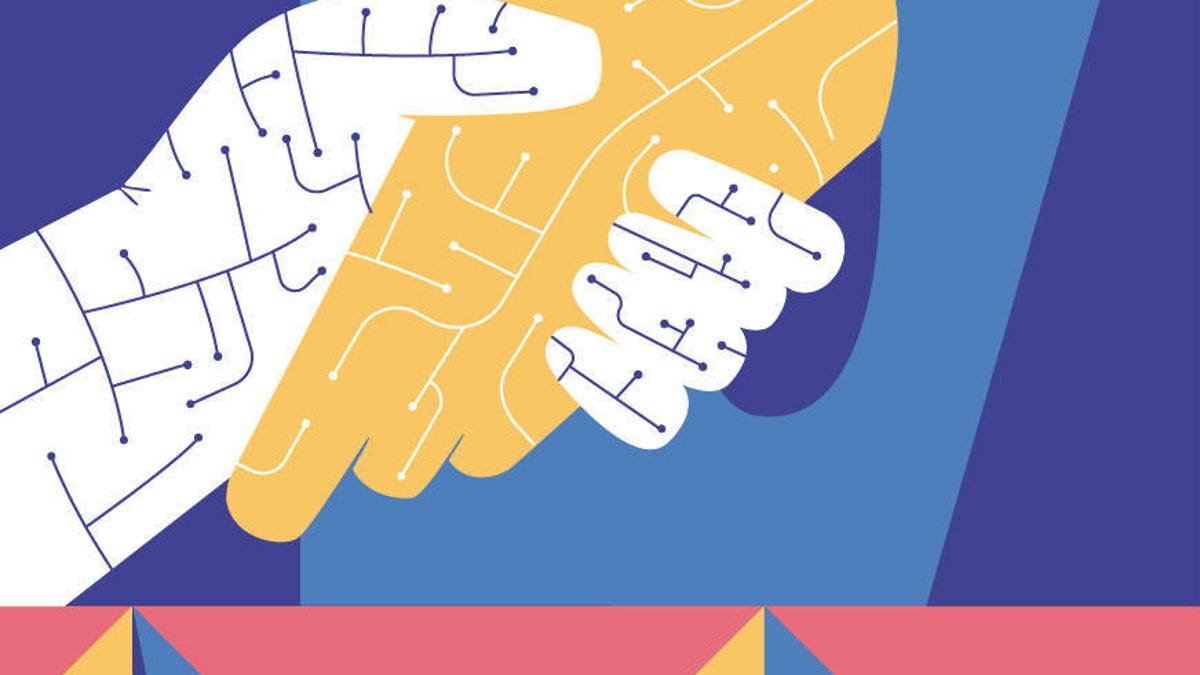If you're not exactly sure what blockchain and cryptocurrency are, you have a new resource at your fingertips for finding out: the good ol' dictionary.
Merriam-Webster has added 850 new terms to its site, including trendy words like "kombucha" and "life hack."
Acknowledging a hot topic in tech and finance circles, the dictionary maker also created entries for "cryptocurrency," "blockchain" and "initial coin offering" ("the first sale of bitcoin-like digital currency," Merriam-Webster explains). It also welcomed "unicorn," the term venture capitalists use to refer to a startup valued at $1 billion or more.
Blockchain is the technology behind bitcoin, a digital currency (aka cryptocurrency) that's seen its fair share of fluctuations in value over the last year.
It works this way: Certain online transactions create or build blockchains, ever-growing sets of data blocks that act as a kind of ledger. Instead of storing information on a central computer, blockchains distribute it across a group of computers.
And it's not just for finance. Blockchain can be used for a variety of purposes, from ensuring that food ordered online is legit to making sure a prescription drug isn't counterfeit.
Blockchain Decoded: Get a closer look at the tech powering bitcoin -- and soon, too, a myriad of services that will change your life.
'Alexa, be more human': Inside Amazon's effort to make its voice assistant smarter, chattier and more like you.


